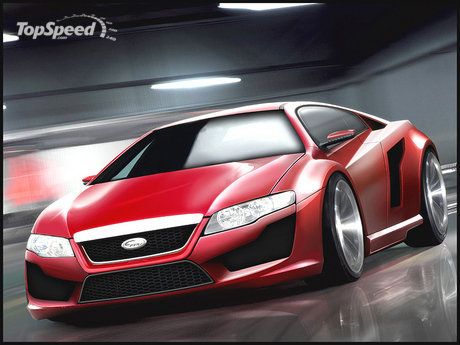
For 2008, Toyota completely redesigned the Highlander Hybrid. It offers more refinement and a larger body, while still maintaining the same level of fuel economy as its predecessor. That’s an achievement because a change in size (an therefore, weight) usually has an immediate and noticeable effect on the fuel efficiency of a vehicle. Not so with the Highlander Hybrid. This versatile SUV grants more room and better packaging, while keeping its green stripes.
Power for the Highlander Hybrid comes from a 3.3-liter gasoline V6 engine, which is rated at 208 horsepower. In addition, two electric motors join this powertrain, one in the front and one in the rear, boosting the overall horsepower to a very respectable 270. There is a third electric motor that operates soley as an engine starter. The whole system mates to a continuously variable transmission, which is engineered to manage the various sources of power in a way that maximizes the Highlander Hybrid’s efficiency. In the way of performance, expect brisk acceleration and capable handling. You will have little to complain about in that department.
For even greater emphasis on efficiency, Toyota has outfitted the Highlander Hybrid with both "EV" and "Econ" driving modes. In EV, this hybrid functions solely on electric power, but only at low speeds and distances up to one mile. The more practical “Econ” mode works to limit throttle response in order to promote greater fuel economy. In other words, it restrains the engine’s ability to operate at its full potential. The ideal time to use this function is during stop-and-go traffic. The EPA rating for the Highlander Hybrid is 27 city/25 highway. Its city rating is actually better than its highway rating because the Highlander Hybrid makes more frequent use of its electric propulsion when traveling at lower speeds.
Though the Toyota Highlander Hybrid is a four-wheel-drive vehicle, it is not very well suited for harsh road or weather conditions. It usually operates in front-drive mode, and is configured much differently than the all-wheel-drive version of the non-hybrid Highlander, which favors more power to the rear wheels. In the end, the Highlander Hybrid may be a very capable family/commuter/touring vehicle, but it is not ideal for those needing a heavy-duty utility truck for more demanding climates or terrain
Friday, March 14, 2008
2008' Toyota Highlander Hybrid
Labels: Hybrid Car, Toyota Hybrid
Posted by Mas Admin at 8:57 AM
Subscribe to:
Post Comments (Atom)







0 comments:
Post a Comment